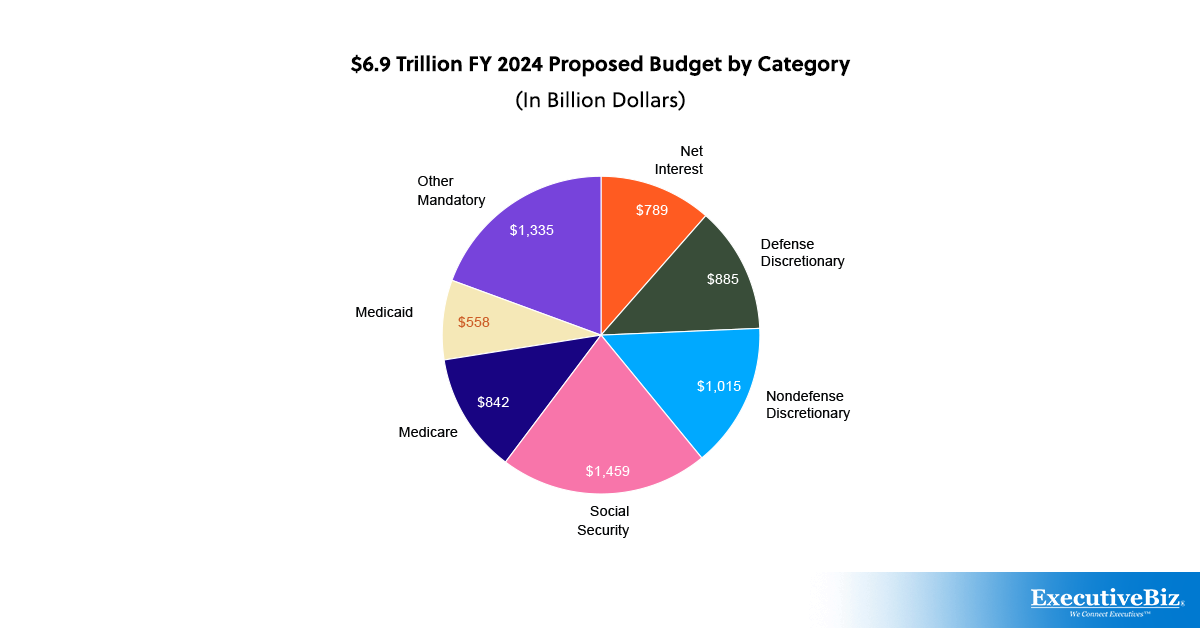I’m seeing an astounding number of premature reactions to news stories in the opinion pieces of the last few days. IMO it’s grossly premature to try and make any intelligent observations about the second Trump Administration’s first budget. Assuming that something ultimately passes the Senate and returns to the House for reconciliation, the prospect that bill will be identical to what was passed by the House is nil.
Furthermore, I think there’s a tremendous dearth of alternative proposals. I know they don’t like Trump or the Republicans. What do they think should be done differently?
The U. S. fiscal situation is tremendously different from what it was in 2009 let alone in 2017 or even 2021. The public debt is now over 100% of GDP and, although we no longer believe there a “cliff” at that point, it still is believed that impedes economic growth.
Although it’s not as terrible as it was in 2020 the federal deficit is going down again
and there’s no real prospect for that ending. With all of the Sturm und Drang over DOGE the amount of federal spending it managed to cut was miniscule relative to the need. The message there is clear: the U. S. economy is addicted to spending more than we have.
The only thing that Republicans seem to be able to agree on is cutting taxes while Democrats all seem to agree that more government spending is necessary. I think that only much more narrowly tailored tax cuts are warranted and that we should limit our spending to what is truly necessary in terms of defense spending and welfare spending and I’ve made proposals for both.







Meh. The only time the Republicans care about the debt is when the Dems are in charge. I would expect the Trump team to claim that their tax cuts are going to lead to something like 6%-7% GDP growth and more than pay for the cuts. Also, since other countries are actually paying for the tariffs those countries will help pay off our debt.
Steve
The real problem is the interest payment on the debt, not the debt per se. Any substantial rise in interest rates (a la Volker, for example) would force a default. And there is upward pressure on rates, the recent downgrade of US debt from AAA to AA1 being an example.
No one in Washington has any interest in cutting the deficit, because the deficit is the result of each member of congress getting his own pet projects his need to pay off his donors. The spending cannot be cut, and the taxes needed to fund the spending (40% increase?) would crush the economy.
Enjoy the ride down the hill. There is no getting off this ride.
The Russians, Iranians, and Chinese just have to wait, and we will go away.
Sadly, that’s no longer true. $400 billion of the spending can be attributed to paying off the IOUs that fill the Social Security trust fund. When you add Medicare, Medicaid, interest, pensions, etc.it accounts for by far the largest proportion of the budget.
Non-defense discretionary spending (which is what you’re talking about) is actually a fairly small proportion of the whole.
